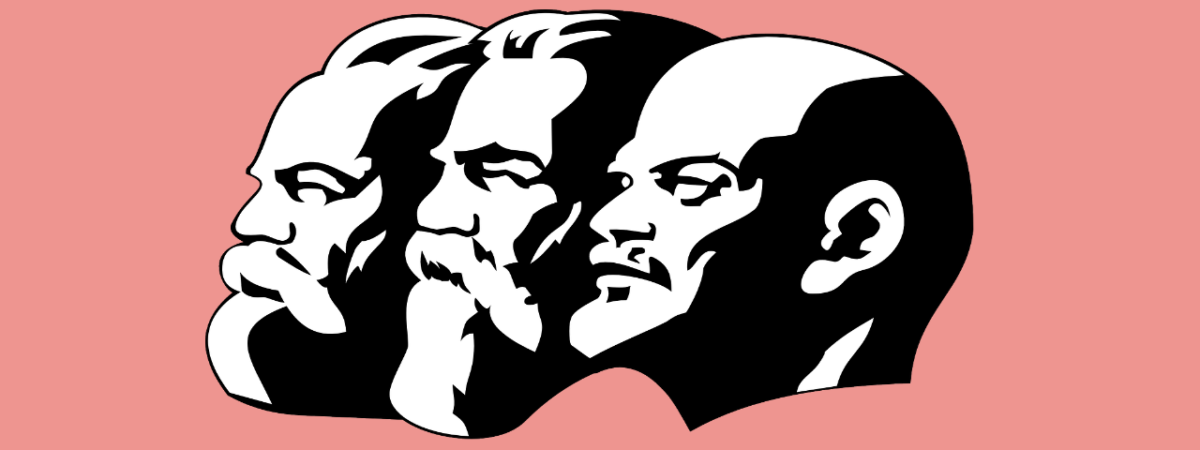Economic Affairs journal – blending the three Rs (rigour, readability, relevance) since 1980
SUGGESTED



Part of this mission is met by our outreach work with students. Part is by our organisation of public events, private events with key decision-makers, evidence to government and Parliament, and extensive media appearances. But the bedrock is our research work.
Apart from our well-known monographs and discussion papers, a major outlet is our refereed academic journal, Economic Affairs, now published by Wiley on behalf of the IEA and the University of Buckingham. I am privileged to be its editor.
For almost forty years, the journal has published original work and commentary by hundreds of authors broadly sharing our approach. Nowadays, in contrast with some of our other output, it has a particularly strong international focus. Three-quarters of our readership is based overseas, as is a large proportion of our authors. This was not the case when Economic Affairs was first launched by Arthur Seldon and the IEA back in 1980.
We feel it is very important to share ideas about and experiences of the way in which markets are developing worldwide, and the policy responses from different governments. The journal offers a rare opportunity to communicate with a worldwide audience which is broadly in sympathy with free markets.
With the latest issue we are launching an attractive redesign of Economic Affairs which we hope will appeal to our regular readers and attract new ones.
Our February issue exemplifies our international approach. We begin with the 2018 Harold Wincott Memorial Lecture, given by the distinguished French economist Jean Pisani-Ferry. This important lecture reflects on the retreat from multilateralism in the last few years. This is seen by many as threatening the foundations of international trade and international relations. Professor Pisani-Ferry, however, is more optimistic. While he thinks we may have to abandon thoughts of completing an idealised postwar legal and institutional architecture, there is hope in bilateral initiatives and ‘soft’ globalisation involving businesses as well as governments.
One element of the international order showing signs of strain is the European Union. In a refreshing break from domestic obsession over Brexit, Jürgen Wandel considers whether Ordoliberalism, a distinct branch of classical liberalism associated with West Germany’s economic success in the decades after the war, might address some aspects of the EU’s current malaise.
The greater independence accorded to central banks in recent decades creates a need for transparency in their decision-making. The minutes of monetary policy decisions made by these institutions vary substantially. To ensure accountability and guide policy expectations, such minutes should satisfy some basic requirements, argues Jan Fredrik Qvigstad. He goes on to assess the minutes of six central banks against key criteria.
A popular feature of Economic Affairs is the publication of articles reflecting on the economic thinking of the past, thinking which is often not as outdated as we often assume. In the context of a revival of interest in socialism and new forms of economic organisation, Sir Thomas More’s Utopia, published in 1516, is a neglected classic which deserves another look. Esa Mangeloja and Tomi Ovaska offer new insights on the conditions which would be necessary to fulfil More’s strange vision.
The journal publishes empirical work as well as theoretical analysis. An example in this issue is Nguyen Thai Hoa’s novel estimate of the size of the informal sector in Vietnam. Another is Ryan H. Murphy’s test of the hypothesis that government ideology has an impact on economic freedom. Interestingly, he finds the effect is smaller than might be thought.
New Zealand’s economic reforms of 30 years ago captured the imagination of free-market liberals. But how important and lasting were they in reality? Bryce Wilkinson offers a rather gloomy assessment which has wider lessons.
These and other original articles, plus a lengthy review of Bryan Caplan’s new book, which argues that the US education system is a waste of time and money, and shorter reviews of other new books, offer varied and stimulating reading. Among the hundreds of economic journals on the market, Economic Affairs offers a unique blend of academic rigour, accessibility and relevance to all interested in the case for free markets.
The whole of the February 2019 issue is open access; details on how to subscribe can also be obtained here.
The IEA website provides free access to one article each issue. This month on our website, you can download Jean Pisani-Ferry’s ‘Can economic multilateralism survive?’.




